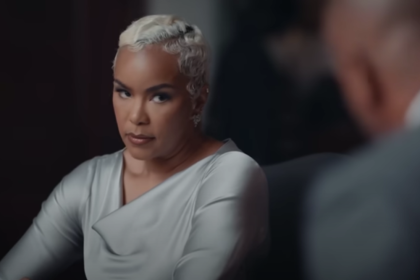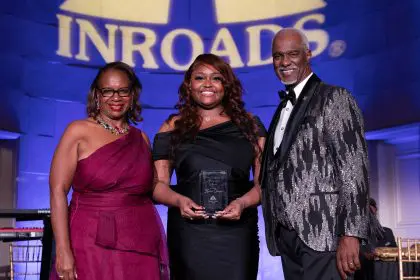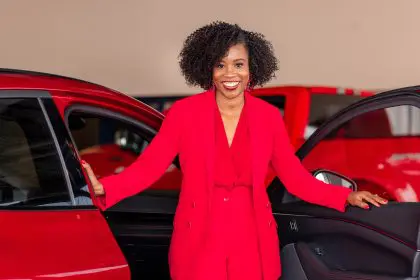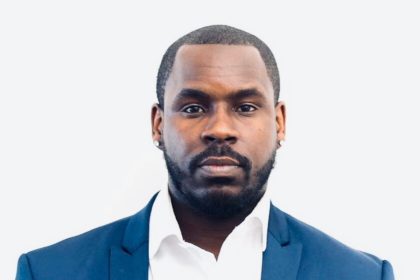
People do double takes when they learn that Keith Wyche, the president of Cub Foods, is an African American. The fact of the matter is, Wyche has more than 30 years at some of America’s largest corporations such as AT&T and IBM and is one of the top ranking African Americans in the country.
Wyche, the author of Good Is Not Enough, has transitioned from what he terms “success to significance” in that he believes that it is his responsibility to help create another generation of trailblazing black leadership in America. “Now I’ve transitioned from success to significance. I’ve purchased the cars, the clothes, the suits and all of that. And truly you’re not successful until you take your success and pour it into others.”
That’s why Wyche chose to sit on the board of directors of the National Black MBA, for which he has been a member since 1984, as well as become an author, speaker and life coach who has addressed audiences nationwide. He also talks about leadership, the value of mentorships and having former Gen. Colin Powell as his mentor.
In addition to speaking engagements around the nation, you also conduct workshops at the prestigious National Black MBA conference.
“I go every year to speak and do workshops, to take those lessons that I’ve learned — the scars, the beatings — and share with that next generation of black leadership so that they won’t make the same mistakes. They will make different mistakes, but they don’t have to make the same mistakes.”
You explain that financial success is important but that conspicuous consumption and inanimate objects don’t bring lasting joy.
Part of it has to do with where you come from. I come from a very poor background. I strived to attain in my adult life what I didn’t have as a child. I thought the more money I made, the happier I’d be. So then I made $30,000, then $50,000 and then $100,000 … But what I realized is that we have a purpose and a passion for what we were put here for. So it wasn’t until my purpose connected with my passion that I really lived life and enjoyed life. So it’s not about money. Yes, I have to have money because we live in an economic world. But at the end of the day, I get more satisfaction helping others succeed than selling groceries because I am aligned with what I think God put me here for. It’s about leaving a legacy now.
How does being the president of a large grocery chain provide a platform for you?
Cub Foods is such a platform because the grocery industry is not one in which you’ve traditionally had black leadership. I wanted to be a trailblazer. I wanted to be one of the few, if not only, African American presidents of a national food chain to let people know that you can do it, that it can be done. There are 8,000 people who work for me and millions more who come through my grocery stores. So whenever they do an article on me, they say ‘oh, wow! There’s a black guy running a grocery store.’ I want others to know that it’s not a glamor job. It’s not high tech. but my grandmother, who is 97, said, ‘folks gotta eat. It’s a job that’s going to be here from now on.’ So it gives me a platform to speak in a space that normally we don’t speak in. it gives me a voice and a presence to see grocers at that level and it ties into my passion.
Talk to us about the value of mentors in shaping your success and who your greatest mentor was.
I’ve had tons of mentors throughout my career, the most significant is Colin Powell, whom I’ve leaned on and he’d offer advice and counsel. But my biggest mentor, coach and sponsor is my father. He’s been deceased for 22 years now but he instilled in me chivalry. He instilled in me that ‘good is not enough.’ He instilled in me that to be a man is not to just bring a kid into the world, but to be a provider. There are some core values that he instilled into me that have stayed with me my whole life.
Now as a mentor, what are some of the things you instill in younger people?
The first thing I tell mentees is to not pursue success only on financial terms. My grandfather who was a sharecropper in Mississippi and moved to Cleveland to get a job in the factory, so success to them was to make sure that all of their children had degrees. Success for me is to make sure that my kids have the opportunity to be everything they wanted to be. It’s about finding your place and space in the world. None of us are here by accident. There was something that you were put on this earth to do. It may take time to find it, but once you find it, it changes your life, it really does.










